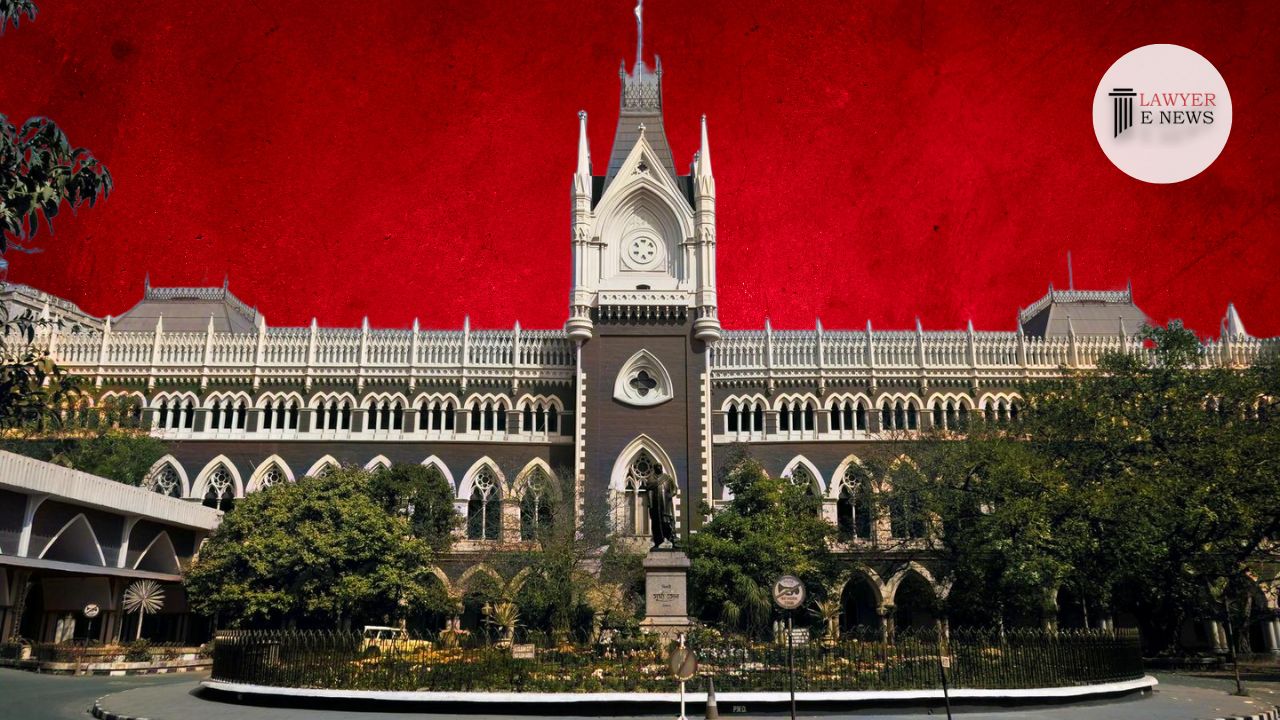-
by Admin
15 February 2026 5:35 AM



Court defers trial for mentally ill accused, emphasizing adherence to Sections 328-330 Cr.P.C. and the Mental Health Act.
In a landmark ruling, the Calcutta High Court set aside an order mandating the trial and personal appearance of Mrinmoy Chandan Dutta @ Tubai, who suffers from severe paranoid schizophrenia. Justice Ajay Kumar Gupta emphasized the necessity of adhering to legal provisions for mentally ill accused, deferring Dutta’s trial until his recovery while allowing proceedings against co-accused to continue.
The case involves Mrinmoy Chandan Dutta @ Tubai, charged under Sections 498A, 406, 302, 120B, and 34 of the IPC, along with Sections 3 and 4 of the Dowry Prohibition Act. Diagnosed with paranoid schizophrenia with a 95% mental disability, Dutta was deemed unfit to stand trial by multiple medical experts. Despite this, an order from the Additional Sessions Judge mandated his appearance and the commencement of the trial.
Justice Gupta highlighted the comprehensive medical examinations conducted by multiple experts, including psychiatrists and psychologists. “Medical reports and expert testimonies consistently confirmed the severe mental disorder of the petitioner, indicating his incapacity to stand trial,” observed Justice Gupta. The court noted that the petitioner displayed severe disorganized behavior and psychotic features, substantiating the diagnosis of paranoid schizophrenia.
The High Court criticized the lower court’s mechanical and arbitrary order that ignored substantial medical evidence. “The trial court’s rejection of the mental illness plea due to procedural lapses and its directive for the petitioner’s appearance were flawed and in contravention of legal provisions,” remarked Justice Gupta. The court underscored the necessity for adherence to Sections 328, 329, and 330 of the Cr.P.C., which outline procedures for dealing with accused persons of unsound mind.
The judgment extensively discussed the principles of evaluating the mental fitness of an accused to stand trial. “Sections 328 to 333 of the Cr.P.C. provide a detailed framework for assessing and handling cases involving accused persons with mental disorders,” the court stated. Justice Gupta emphasized that the law mandates the postponement of proceedings against individuals unable to defend themselves due to mental incapacity.
Justice Gupta remarked, “The petitioner, suffering from severe schizophrenia, cannot comprehend the proceedings or defend himself. The continuation of trial against him, given his mental state, would be a grave miscarriage of justice.”
The High Court’s decision to set aside the trial court’s order highlights the judiciary’s commitment to protecting the rights of mentally ill individuals within the legal system. By deferring the trial against the petitioner and proceeding against the co-accused, the judgment underscores the importance of mental health considerations in legal proceedings. This decision is poised to reinforce the legal framework for handling cases involving accused persons with mental disorders, ensuring that justice is served with due regard to their health and rights.
Date of Decision: July 05, 2024
Mrinmoy Chandan Dutta @ Tubai VS The State of West Bengal
